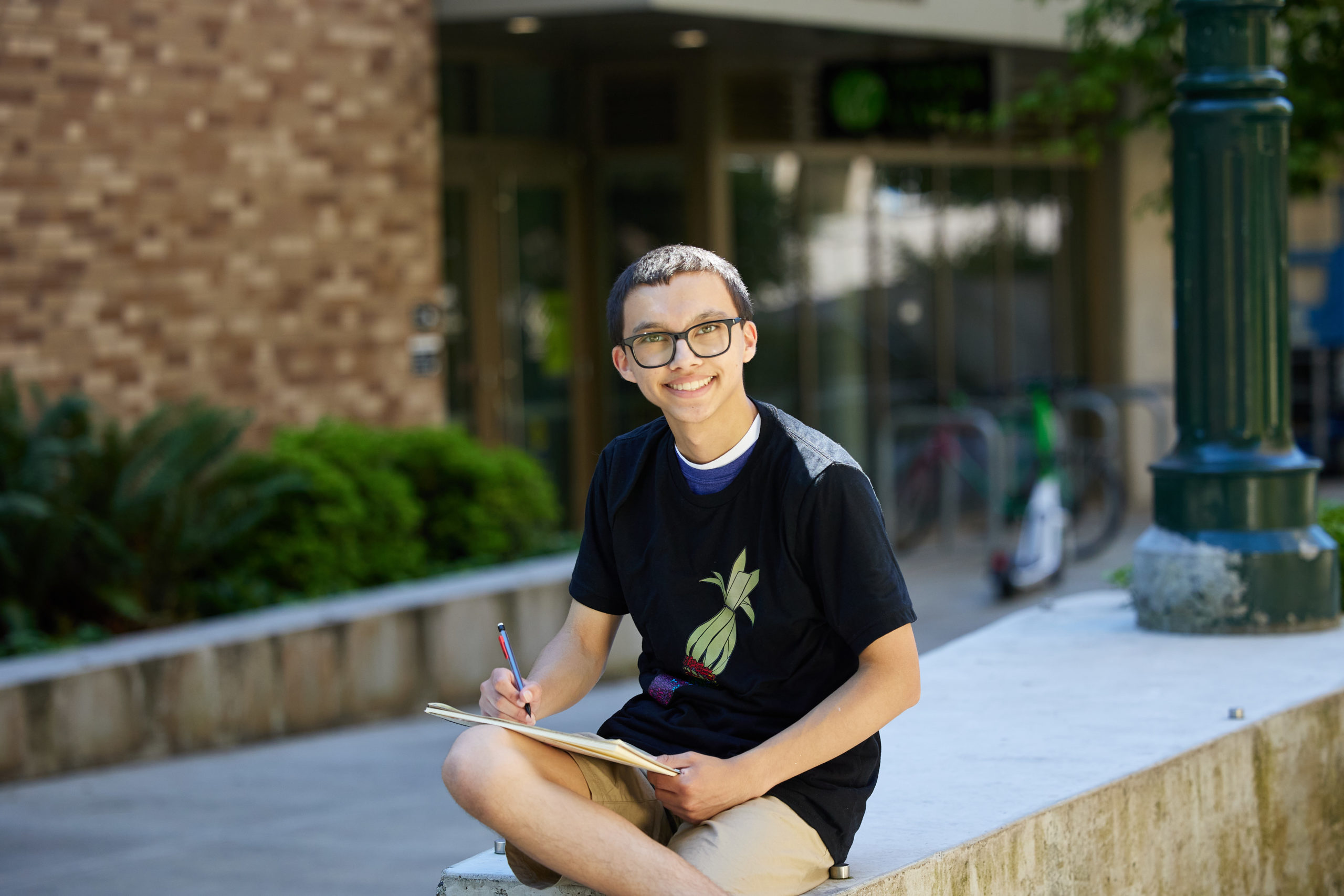Indigenous leadership is a hot topic these days. The truth is that strong Indigenous leaders look different depending on who is in the position. There are leaders that focus on listening, leaders who use their platforms to educate, and leaders who create safe spaces for others to come together, share wisdom, and contribute their gifts.
For Indigenous youth who want to build their leadership skills, there are things you can keep in mind while growing your talents.
Let your values lead
Every Tribal community has traditional community values (like respect for Elders). Our traditional values were pasted down from one generation to the next by our ancestors. They serve as guidance for how to live a good life. As an Indigenous leader, knowing and living by your community’s cultural values can be very powerful.
Stay accountable
Part of being a strong Indigenous leader is being accountable in both your “official” leadership duties (e.g., when you are attending youth council meetings) and when you are living your everyday life. As a leader, it is important to have follow through, doing what you say you will do. It’s also important to consider that in all your actions and behaviors, you represent not just yourself, but you represent your community, as well as the group (or groups) you are a part of. It’s normal to make mistakes. We all do. But strong leaders own up to their mistakes, apologize, and work to do better in the future.
Identify your role
Understanding the role you play as a leader is important. Keep in mind that as a young person, part of your role is often listening and learning from your Elders. It is also often your role to educate others about the things you have learned. However, we all have unique gifts we can contribute.
Learn your gifts
Some of us are gifted speakers or writers, while others of us can help others think through complex issues and take action. To move mountains and make change, it’s important to know your gifts and be able to recognize the gifts in others. It’s rare that change happens because of one person.
Try new things
Ever thought about joining a sport or academic team? Thinking about running for a school leadership position or joining your Tribal youth council? Why not try something new?! To learn your gifts and be able to identify your role as a leader, consider trying new things that will help you grow as a person.
Share your culture
As an Indigenous leader, being able to share your history and culture with others is valuable. If you want to learn more about your culture, there are many ways to do so. Reaching out to Elders and other knowledge keepers in your community is a great start. You can also reach out to family members, other Indigenous leaders within your community, and your Tribe’s culture department to help you learn about your traditions and grow as a leader.
Recognize others’ gifts
Being able to recognize and encourage others to share their gifts is a powerful leadership skill. Part of developing this ability includes creating space for others to shine and expressing your appreciation when others contribute to group efforts.
Speak up
At times leadership involves activism, speaking up, and using your voice to share stories and educate others around you. Educating others who may not know a lot about your Tribal traditions is a great way to keep your traditions and culture alive. It can also be a good way to make sure that your work is guided by your cultural values.
Grow your skills
Surrounding yourself with other youth leaders is a great way to grow your leadership skills and be inspired. Do a Google search for opportunities available for Indigenous youth leaders and speak with your teachers, counselors, and others who can help you identify opportunities that your Tribe, school, or other local organizations offer youth.
To continue building your Indigenous leadership skills, here are some resources that can help:
- Center for Native American Youth
- Native Action Network
- National Congress of American Indians – Native Youth Programs
Author: Kaya Fernandes is an enrolled member of the Lower Elwha Klallam tribe. She is an undergraduate student at Western Washington University studying sociology. Kaya is a 2022 Ambassador for the Native Action Network.
Sources: Content for this article was gathered from an article by Kelley McCall, the Indigenous Governance Toolkit, and a handout created by the Ontario Native Education Counseling Association. Thanks to all those who contributed!


